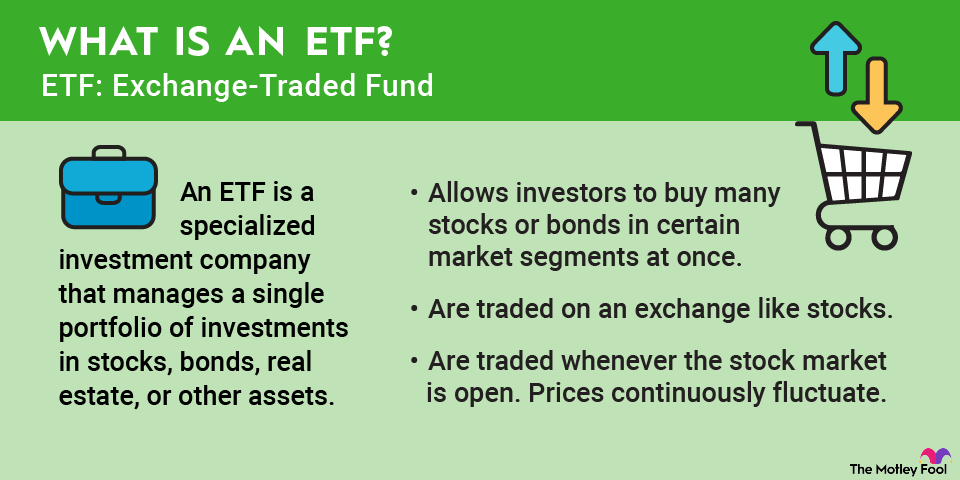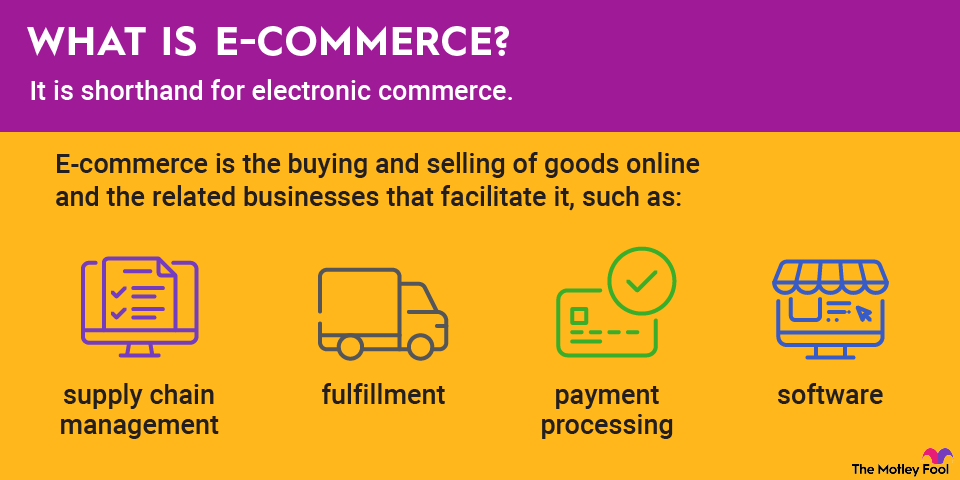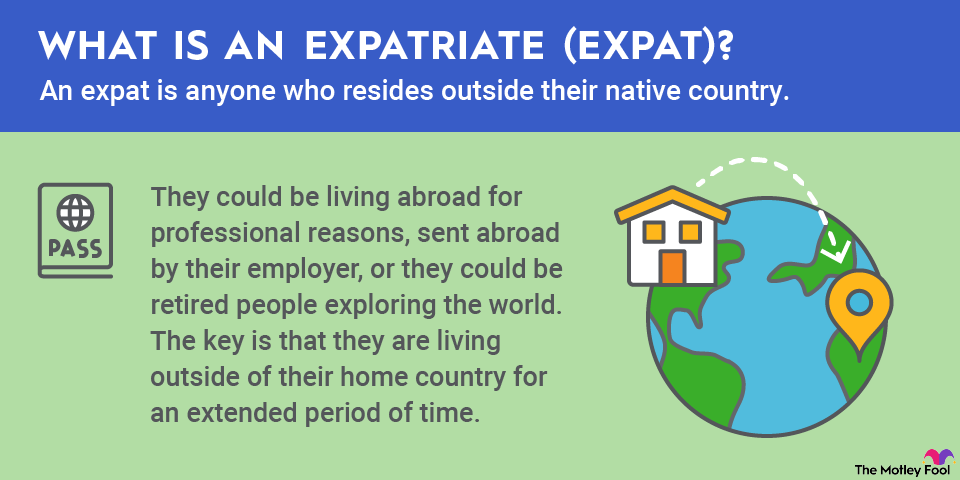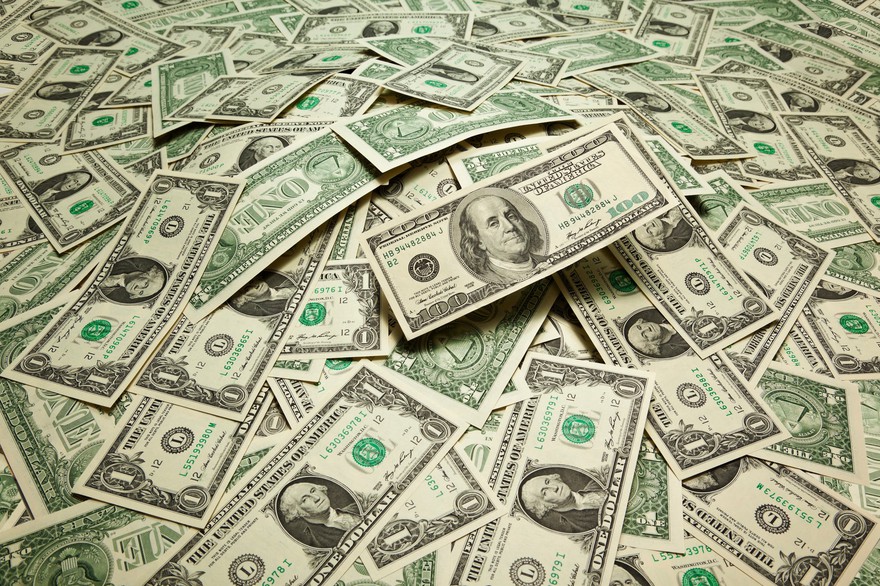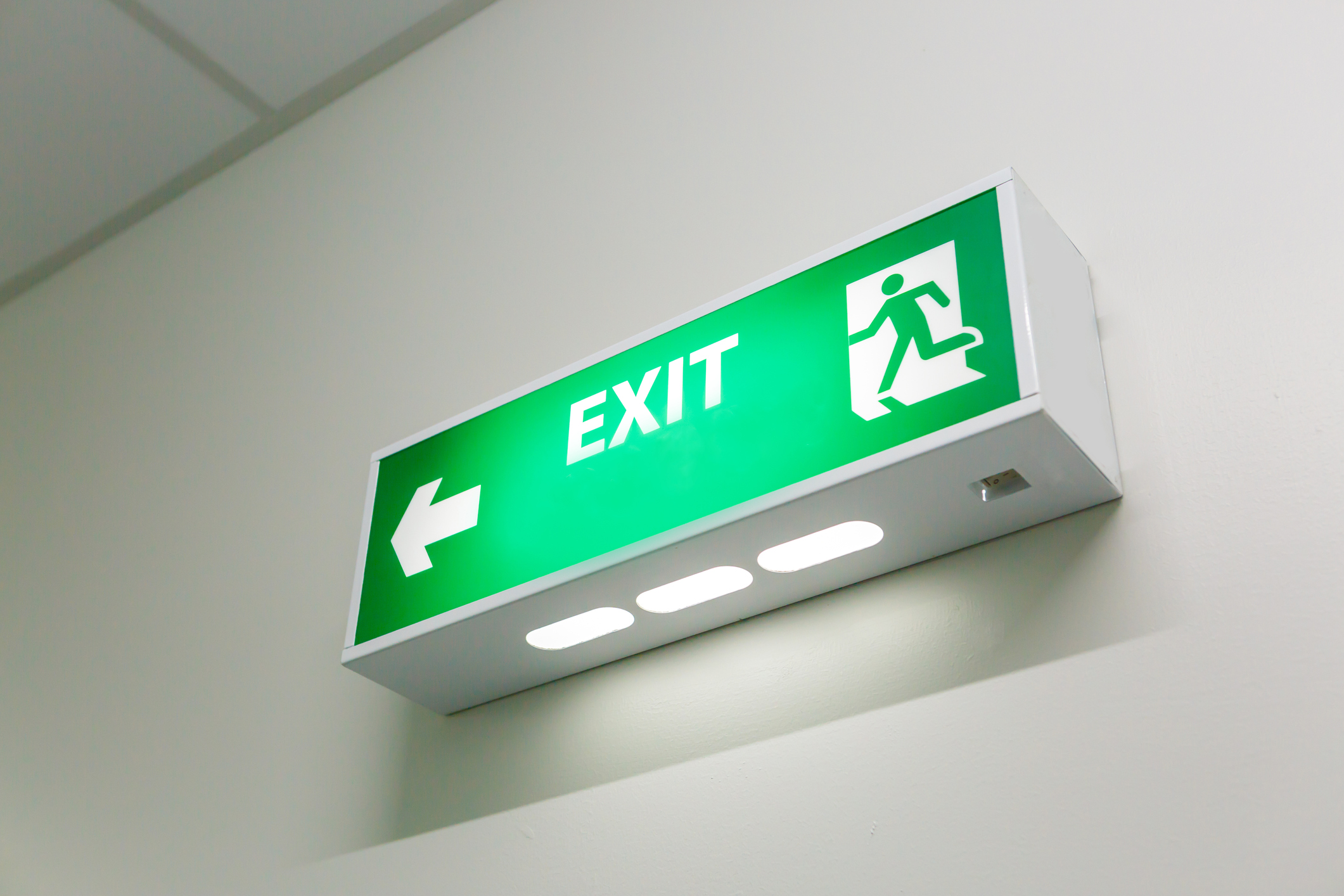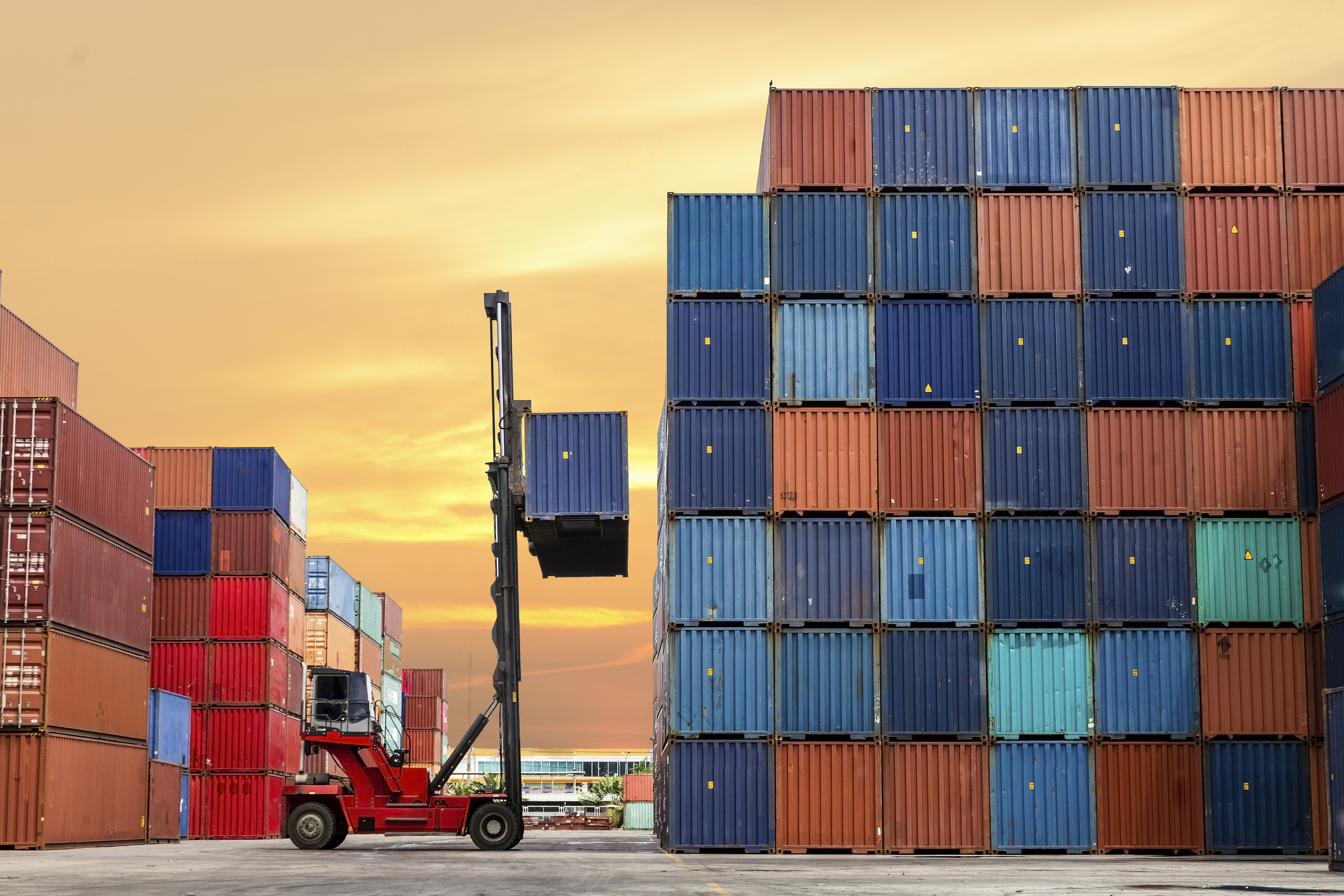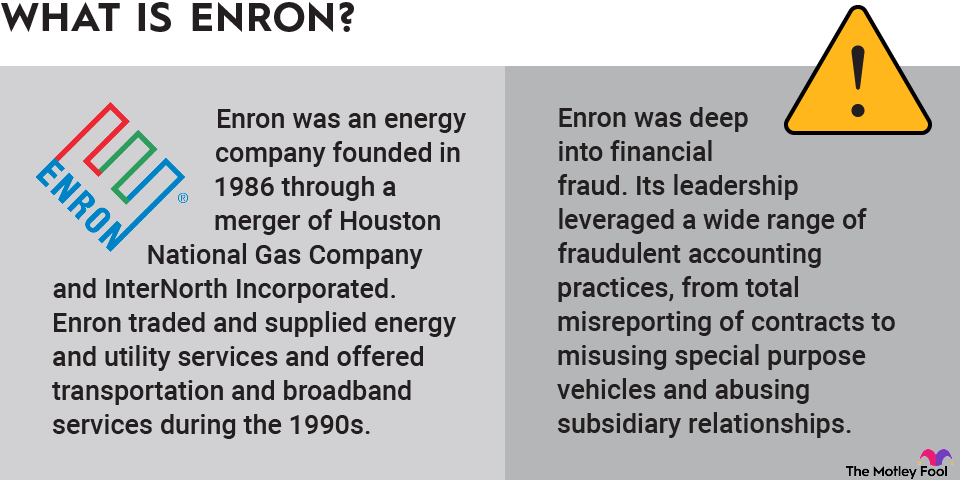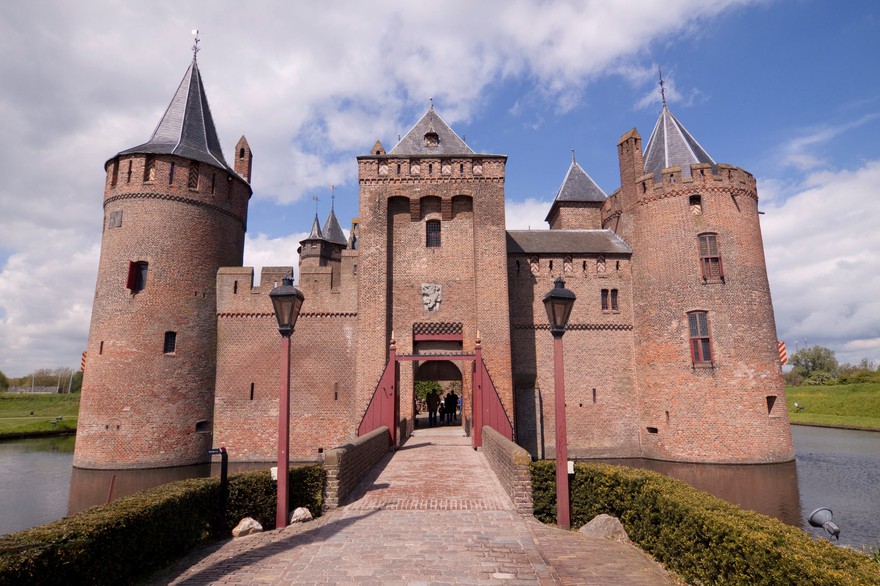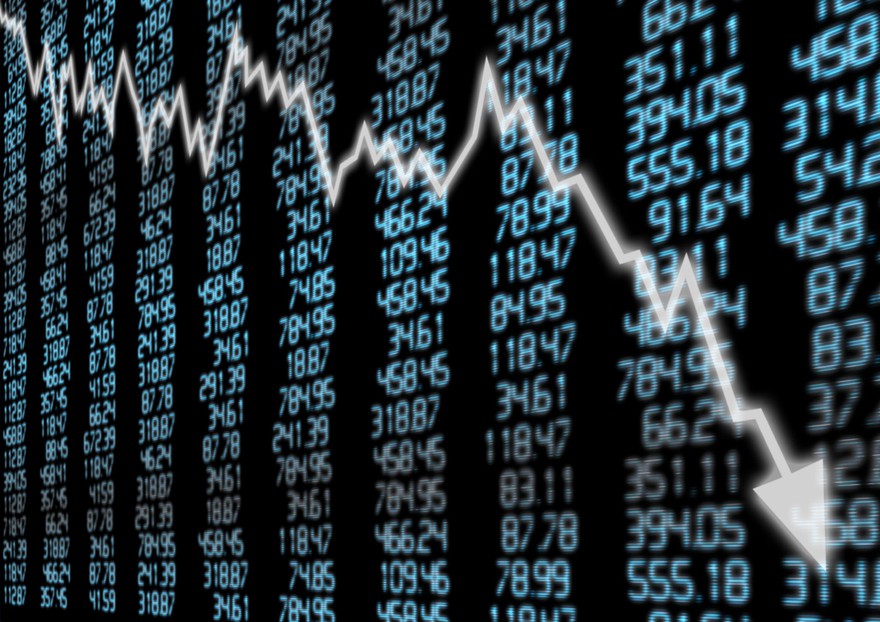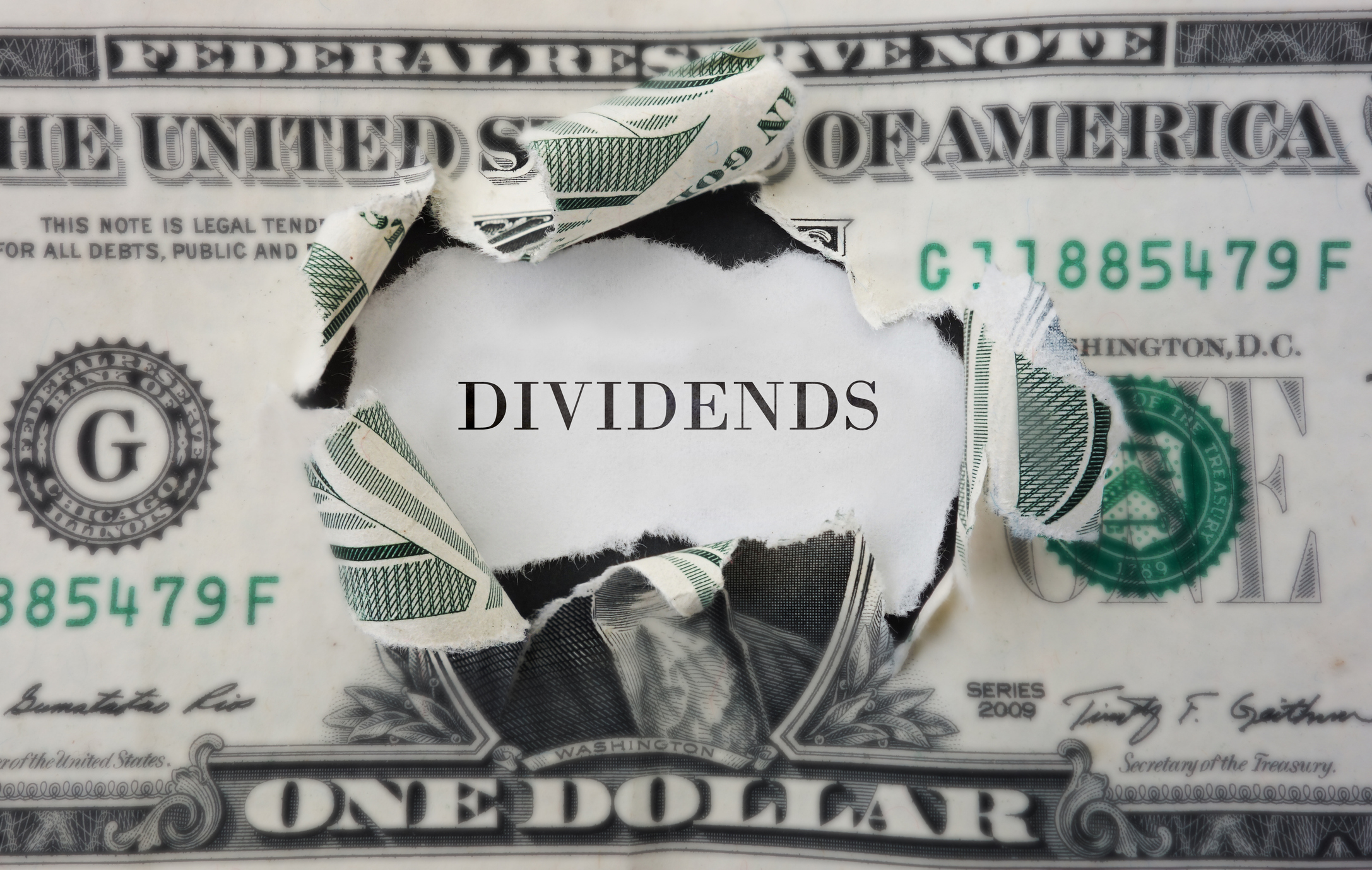Trade is crucial to the global economy. But it's not just an economic driver but also a political tool. Free trade can be used to strengthen relations between two or more countries. However, the opposite could also happen in trade relations since trade can be restricted for coercive reasons or as punishment. This is known as an embargo.

What is an embargo?
An embargo is an official ban or blockade on trade with a certain country or countries. The embargo can encompass all goods or just target specific ones, like the oil embargo of the 1970s. Embargoes can happen for a wide range of reasons, but they are typically used as a coercive tool or a statement of protest.
Why do embargos happen?
Embargoes are used as a tool of statecraft by one country to influence or exert its will over another. They are often used as an alternative to military conflict and tend to be seen as a strong statement of disapproval from the country enacting the embargo. An embargo is similar to sanctions, but sanctions refer to a wider range of coercive tactics, while an embargo focuses only on trade.
For example, Russia has been widely sanctioned by much of the world since it invaded Ukraine. The European Union has issued an embargo that prevents the sale or supply of goods and technology that could contribute to Ukraine's military or technology development or the advancement of its defense and security sector.
War and military conflict are common causes of embargoes, but economic reasons also play a role. For instance, the U.S. is competing with China to develop strategic technologies. It has restricted the types of chips that can be exported to China, effectively instituting an embargo.
Do embargoes work?
Like other political strategies, embargoes have had mixed results throughout history. While they often succeed in isolating the country being embargoed, they can also isolate the country enacting the embargo, as the U.S. found during its long-running boycott of the former Soviet Union. Other Western countries continued to trade with the Soviet Union, excluding the U.S. from a significant chunk of the global economy.
Arms embargoes are commonly used to alleviate humanitarian crises or even end a conflict, though this strategy doesn't always work. Sometimes, an arms embargo might simply lead a fighting force to use a different kind of weapon, as happened during the Rwandan genocide.
And other times, the embargo outlives its useful life. For instance, the U.S. imposed a trade embargo against Cuba in 1962, shortly after Fidel Castro seized power. Much has changed in the world since then. The Soviet Union fell more than 30 years ago, and Fidel Castro died several years ago as well. Nonetheless, the embargo still persists, although there are a number of exceptions to it.
What's an example of an embargo?
The Arab oil embargo of 1973-1974 is one of the better-known embargoes in modern history. In the aftermath of the Yom Kippur War between Israel and several Arab countries, The Organization of Petroleum Exporting Countries (OPEC) imposed an embargo on the U.S. and other countries that supported Israel.
Related investing topics
The embargo banned oil exports to countries supporting Israel and also cut oil production. The move led to gasoline shortages and rationing in the U.S., meaning the embargo essentially accomplished its economic goal.
Oil is an essential resource in the modern economy for transporting both people and goods. The embargo drove oil prices from $2.90 a barrel to $11.65 in just a few months.
The embargo only lasted a few months, but the higher oil prices that resulted from it remained. As a geopolitical strategy, there is some evidence that the embargo helped get the U.S. to negotiate an end to the war. Like other economic tactics, embargoes intending to change behavior work best when they target a valuable resource.
